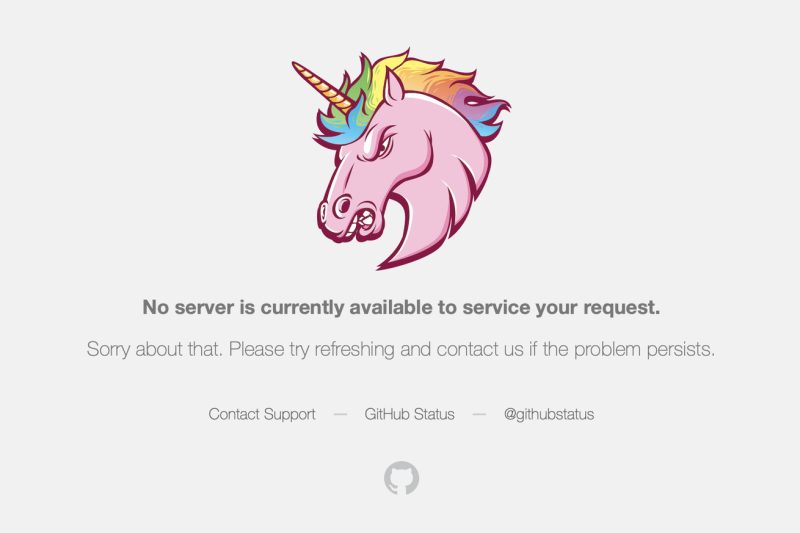
GitHub Experiences Technical Difficulties: Get the Latest Updates!
GitHub Experiences Widespread Outage, Disrupting Developer Community
The popular software development platform GitHub, known for hosting millions of open-source projects and collaboration among developers worldwide, recently faced a significant outage that affected a large number of its users. The outage was reported on various social media platforms and developer forums, causing frustration and disruptions within the developer community.
The issues began surfacing in the early hours of the morning, as users started encountering slow loading times, error messages, and the inability to access their repositories. This downtime not only disrupted ongoing work but also hindered developers from collaborating effectively on projects, leading to a cascade of complaints and concerns.
GitHub’s status page quickly reflected the outage, indicating that their services were experiencing disruptions across various functionalities. The platform’s team promptly acknowledged the issue and began working to identify the root cause and restore services as quickly as possible. However, the downtime persisted for an extended period, exacerbating the impact on users relying on GitHub for their projects and workflows.
The outage prompted discussions about the reliance of the developer community on centralized platforms like GitHub for collaboration and version control. While GitHub has been a cornerstone of the open-source community and a hub for collaborative coding projects, this incident highlighted the vulnerabilities and risks associated with depending solely on a single platform for critical workflows.
Developers took to social media to express their frustrations and share their experiences during the outage. Many users emphasized the importance of having contingency plans and alternative platforms in place to mitigate the impact of such disruptions in the future. Some developers suggested diversifying their tools and exploring decentralized or self-hosted alternatives to reduce dependency on a single service provider.
As GitHub worked to address the outage and restore services, they provided periodic updates to keep users informed about the progress and steps being taken to resolve the issue. The transparency and communication from GitHub were appreciated by many users, even though the extended downtime had already caused significant disruptions to their work and collaboration efforts.
The outage served as a reminder of the inherent challenges associated with online services and the need for robust contingency plans in the event of disruptions. While platforms like GitHub have revolutionized collaboration and open-source development, incidents like these underscore the importance of maintaining diversified workflows and being prepared for unexpected outages.
In conclusion, the recent outage experienced by GitHub had a substantial impact on the developer community, highlighting the vulnerabilities of centralized platforms and the necessity of contingency planning in the face of service disruptions. As developers navigate the evolving landscape of software development and collaboration tools, it becomes increasingly crucial to adopt a resilient approach that accounts for potential downtime and explores alternative solutions to minimize the impact of service outages.
